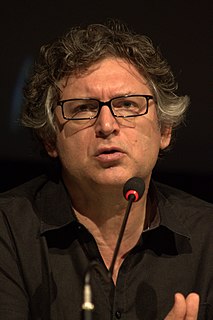A Quote by Ambrose Bierce
All are lunatics, but he who can analyze his delusions is called a philosopher.
Quote Topics
Related Quotes
It is the man of science, eager to have his every opinion regenerated, his every idea rationalized, by drinking at the fountain of fact, and devoting all the energies of his life to the cult of truth, not as he understands it, but as he does not yet understand it, that ought properly to be called a philosopher.
"You cannot believe what you are saying." "Well, no. Hardly ever. But the philosopher is like the poet. The latter composes ideal letters for an ideal nymph, only to plumb with his words the depths of passion. The philosopher tests the coldness of his gaze, to see how far he can undermine the fortress of bigotry."
Faced with a world of "modern ideas" which would like to banish everyone into a corner and a "specialty," a philosopher, if there could be a philosopher these days, would be compelled to establish the greatness of mankind, the idea of "greatness," on the basis of his own particular extensive range and multiplicity, his own totality in the midst of diversity.
I have always taken as the standard of the mode of teaching and writing, not the abstract, particular, professional philosopher, but universal man, that I have regarded man as the criterion of truth, and not this or that founder of a system, and have from the first placed the highest excellence of the philosopher in this, that he abstains, both as a man and as an author, from the ostentation of philosophy, i. e., that he is a philosopher only in reality, not formally, that he is a quiet philosopher, not a loud and still less a brawling one.

































